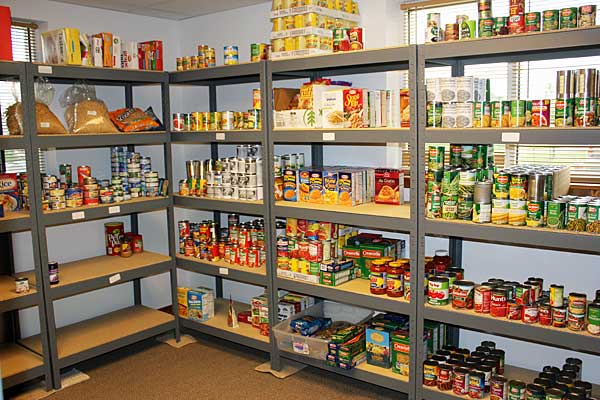Although food storage guidelines vary depending on the type of food, all storage life can be significantly impacted by the following conditions:
Temperature:
Store products at a temperature of 75°F/24°C (room temperature) or lower whenever possible – the lower the better.
If storage temperatures are higher than this, faster rotation of products is needed to maintain food quality.
Moisture and Elements:
All storage areas should be kept dry.
It is best to keep containers off of the floor to allow for proper air circulation.
Remember if storing food in your basement to keep it off of the floor. If your basement flooded; from water, sewage backup, etc. everything on the floor risks the possibility of contamination or spoilage. A few inches could provide you with plenty of time to relocate items if necessary.
Light:
For the most part, light should be kept to a minimum, if not eliminated completely.
Especially protect cooking oil and products stored in PETE bottles from light.
Insects and Rodents:
All food storage should ideally be packaged in containers that will keep rodents out.
Avoid (or protect) foil pouches, PETE bottles, cardboard, plastic and paper bags, or any other container that rodents could penetrate.
If evidence of rodent activity is presented, properly clean food containers before use.

